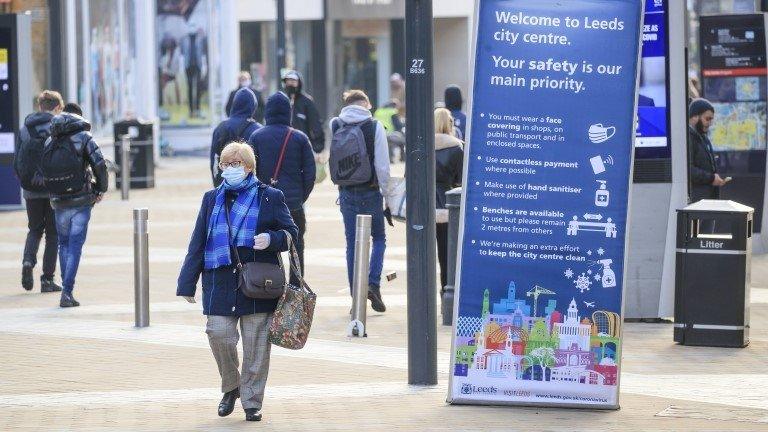Covid tiers: 'Rules have changed in the middle of the game'
- Published
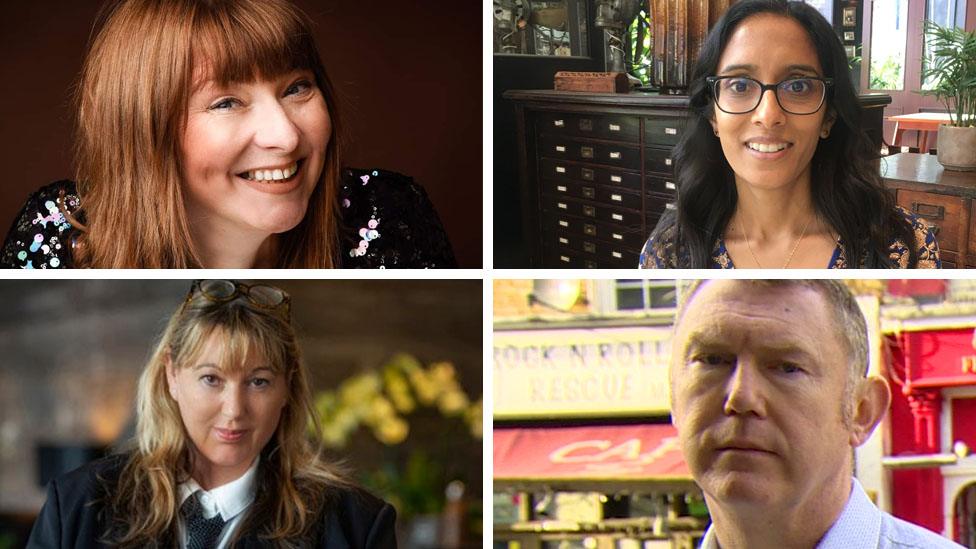
Next week England will come out of a blanket lockdown with areas once again divided into tiers, governing what people can and cannot do.
The announcement of the rules, which will come into force from 2 December, has prompted questions and concerns from business owners and families.
Some areas with lower infection rates feel they have been unfairly targeted, while others feel that, despite having been through four weeks of lockdown, they are no further forward.
Lancashire - tier three (most severe restrictions)
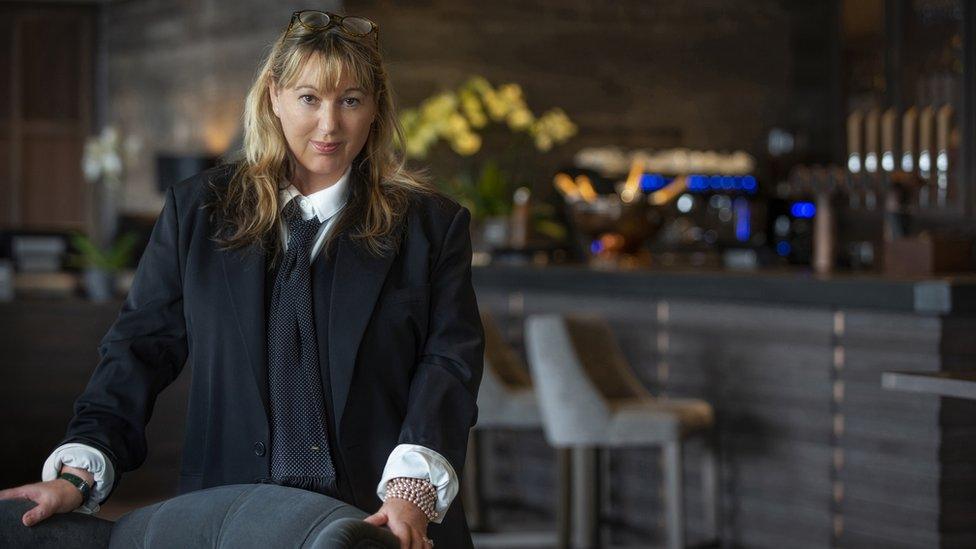
"They have changed the rules in the middle of the game," Amanda Thompson, managing director of amusement park Blackpool Pleasure Beach, says of the new restrictions.
The seaside resort had an infection rate of 205 cases per 100,000 in the week to 22 November, considerably lower than other areas of Lancashire. Ms Thompson has been trying to work out how she will make it to Christmas.
"I had a pantomime due to start next week, a dinner show due to begin, a lot of people who have been unemployed all year because they are performers unable to perform."
The amusement park, which is almost 125 years old, has survived two world wars only to be bought to a "grinding halt" this year.
"Without Blackpool Pleasure Beach there is no Blackpool. Perhaps people don't find it interesting in London but it is of interest to the millions of people who come here."
While the resort had been operating in a Covid-secure way over the summer, Ms Thompson says it will now be closed until next year unless restrictions are relaxed.
"£250,000 of cancellations came in yesterday," she says, calling for VAT to be kept low for "the next 18 months at least" to help businesses.

Manchester - tier three
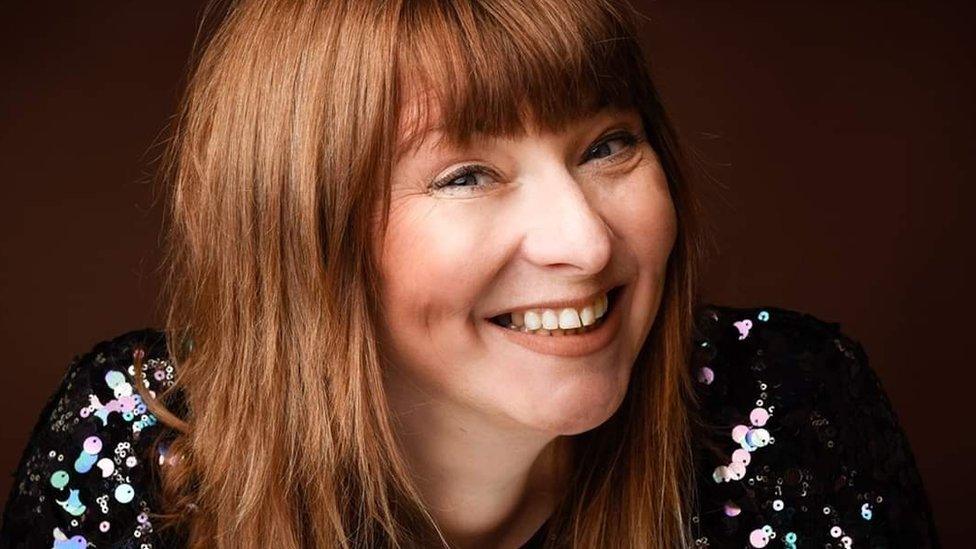
For comedian Nina Gilligan, the return to the top level of restrictions means her diary has "flat-lined".
"My understanding is that venues won't be opening and I have already had a couple of gigs pulled."
The industry has been "decimated" by the pandemic, she says, despite a brief period over the summer when things picked up.
"I have got one gig in Liverpool in a car park. People will be honking at me. There is very little for performers, it is getting very tight."
Gilligan, who lives in east Manchester, accepts the country has to "do the right thing to keep infections down". But she fears the long-term impact on her industry, even if performers can - theoretically - travel outside their tiers to work.
"I am a north-west based comedian, I am unlikely to be gigging in London. You can't jump ship and become an established act on the London circuits. It is tricky," she says.

London - tier two
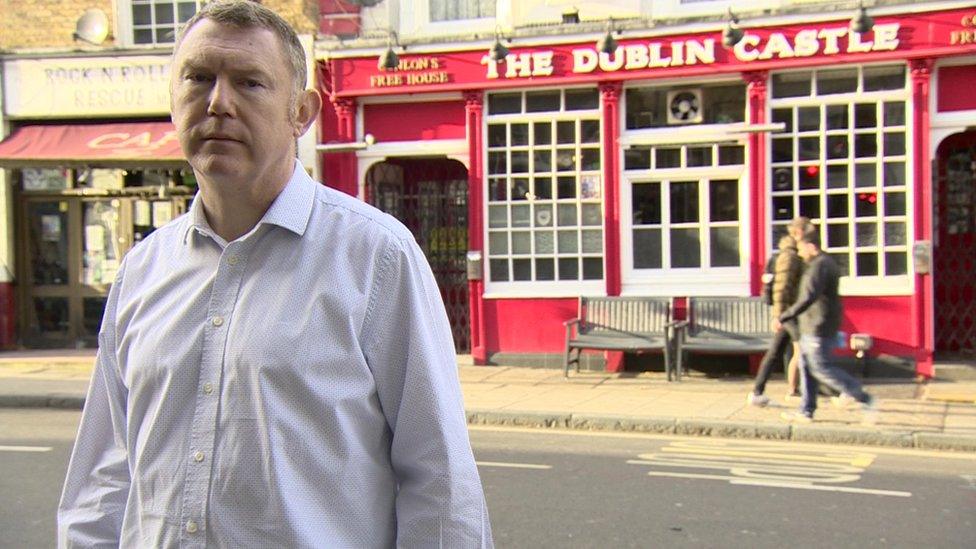
Tier two restrictions could spell the end for many grassroots music venues, Henry Conlon warns. He owns the Dublin Castle in Camden, north London, where bands such as Madness, Blur and The Killers got their breaks.
"It's not an even playing field," Mr Conlon says. "I can go to a restaurant and drink as much as I like. But the vast majority of music venues don't have kitchens - like the Dublin Castle."
Under tier two rules pubs can only open if they serve substantial meals.
Music venues in this tier can reopen, but must follow strict new guidelines around social distancing.
"The creative industry is a major part of the British economy that brings in a lot of income," says Mr Conlon. "We need to support every part of that sector, and safeguard the grassroots where bands get started.
There's no profit to be made with venues that are only a quarter-full, he says.
"We've got sound engineers, security staff, lighting teams and bar staff to pay. Scrap the requirement to have a substantial meal with a drink. Let us get on with it. We're not idiots, we've always been responsible with not letting our customers get out of control."

Leicestershire - tier three
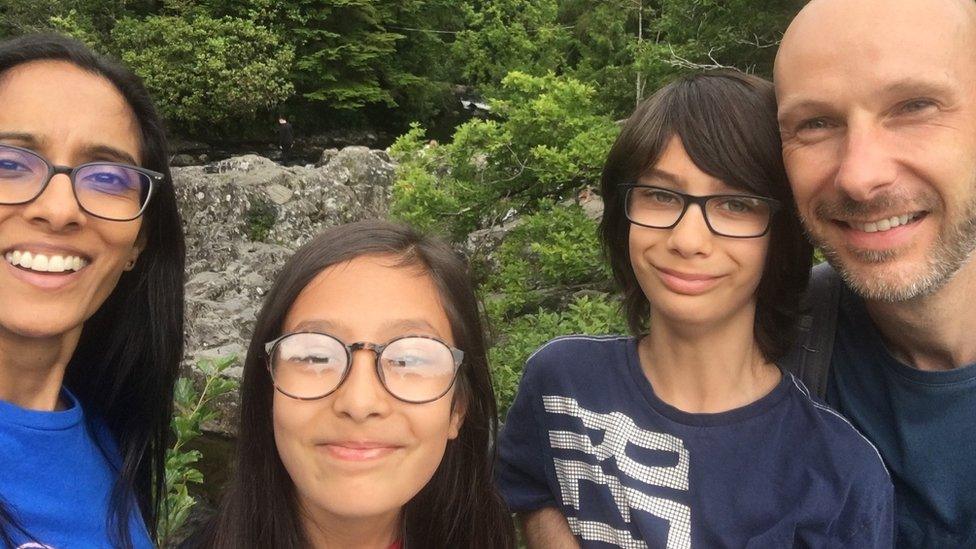
Anupa (left) lives with her children and husband in Countesthorpe, Leicestershire
"It's just been such a long slog," says Anupa Roper. "It's just that feeling that there's no end to it."
Anupa, 42, lives in Countesthorpe, which will move to tier three, along with the rest of Leicestershire, from 2 December. Meanwhile, her parents and in-laws live in Leicester, which was subject to the UK's first local lockdown in June and has been under some level of coronavirus restrictions since March.
This meant family gatherings had been limited to a handful of birthday celebrations in the garden over the summer. Her parents and in-laws haven't seen their grandchildren, aged 10 and 11, since August.
Anupa has been dropping shopping off to her parents, but hasn't been going inside their house to avoid putting them at risk.
"My mother-in-law is in her 70s and finds it really difficult not seeing the children," she says. "For my in-laws in particular they've not got smartphones and they can't do Zoom or FaceTime or anything."
Anupa says the family understand the need for restrictions to keep people safe - but they had been hoping measures might be eased after this month's national lockdown. Whilst over the summer they could meet up outside, living under tougher restrictions during the winter will make this less feasible, Anupa says.
"It's been a long year."

- Published27 November 2020
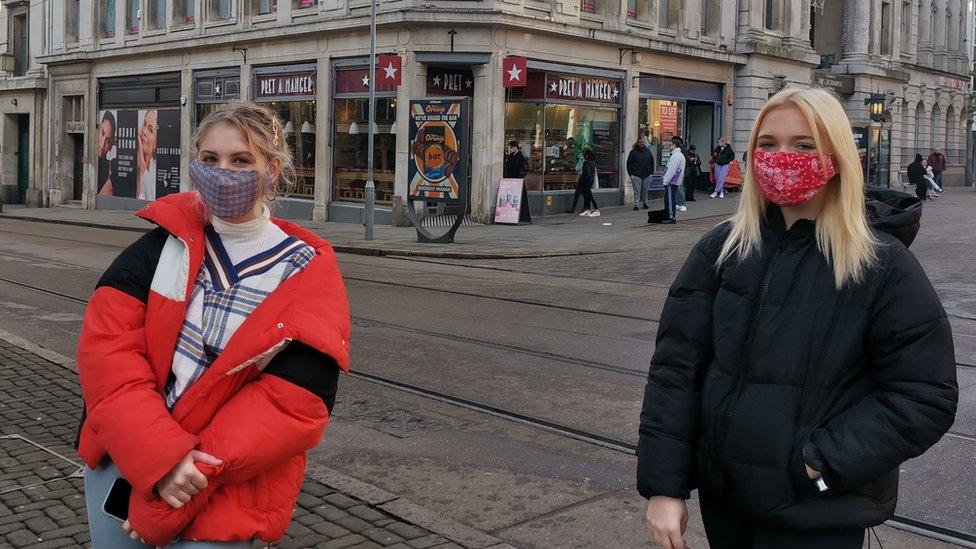
- Published27 November 2020
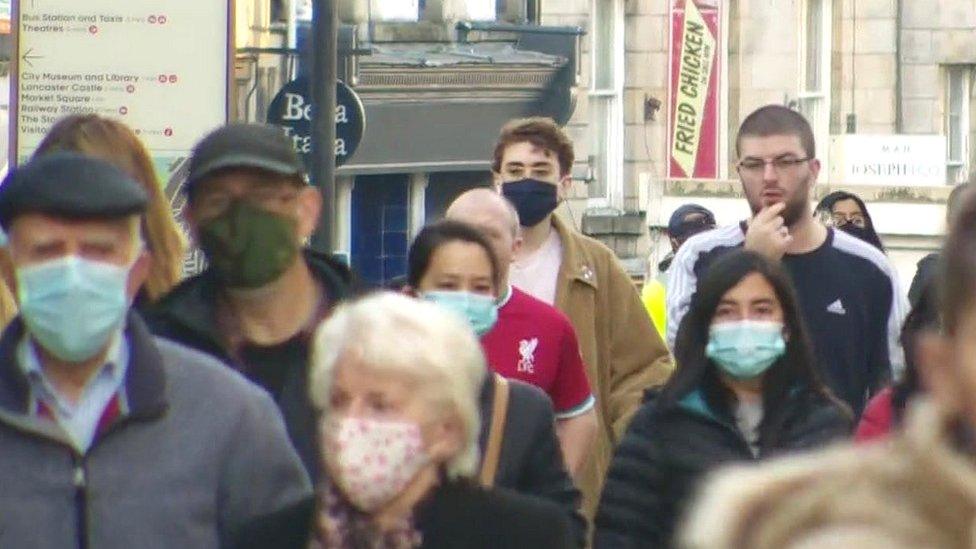
- Published27 November 2020
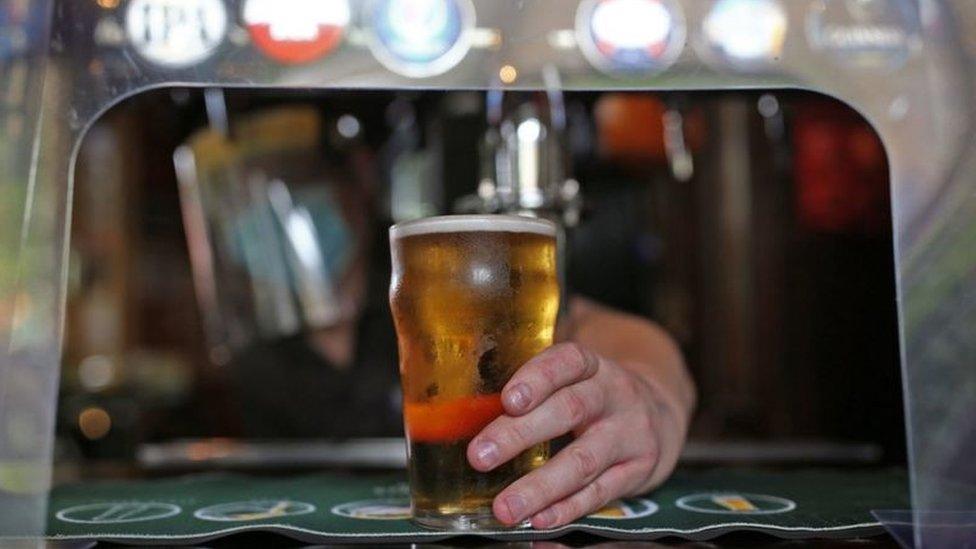
- Published27 November 2020
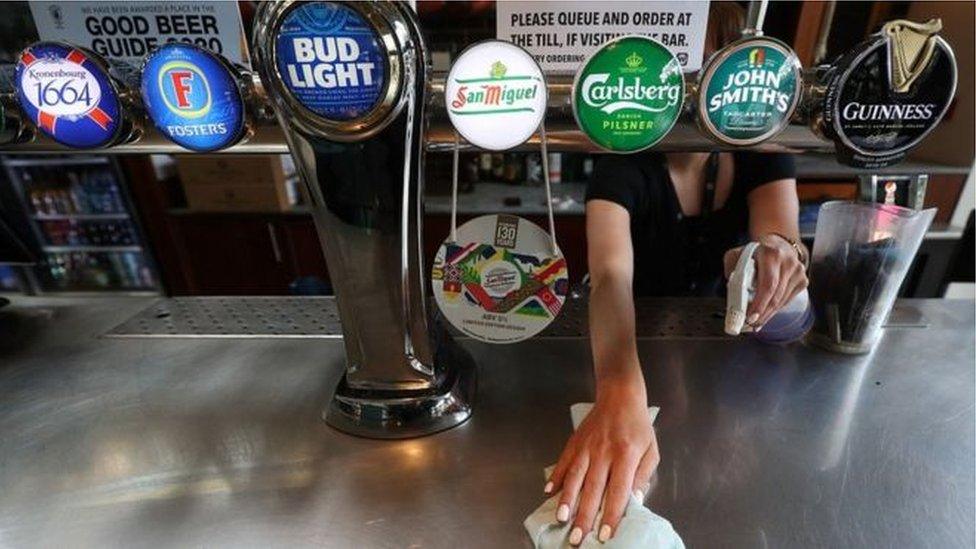
- Published26 November 2020
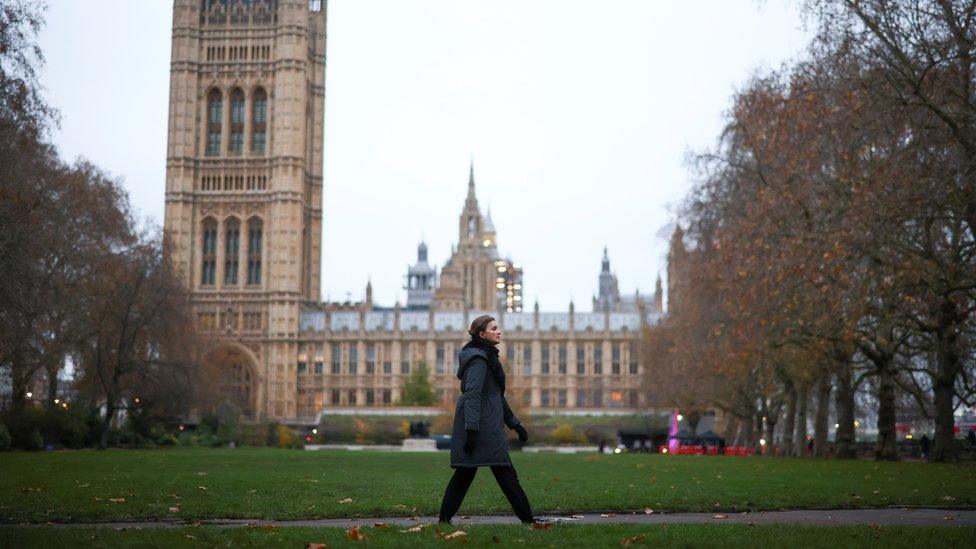
- Published26 November 2020
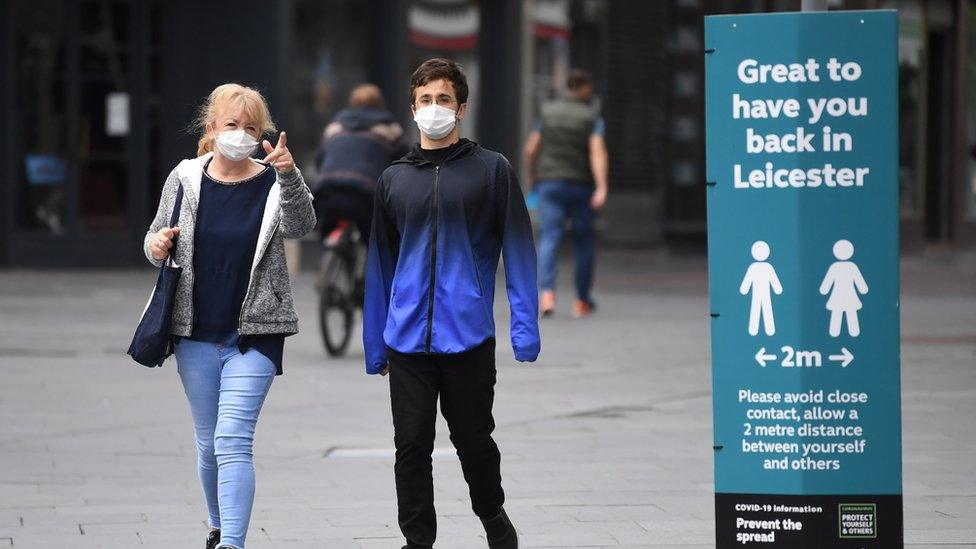
- Published26 November 2020
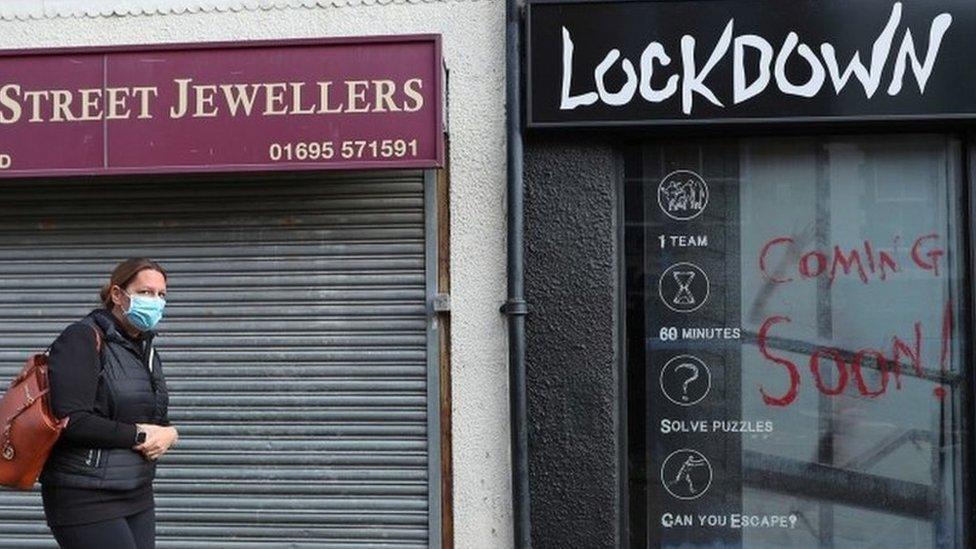
- Published26 November 2020
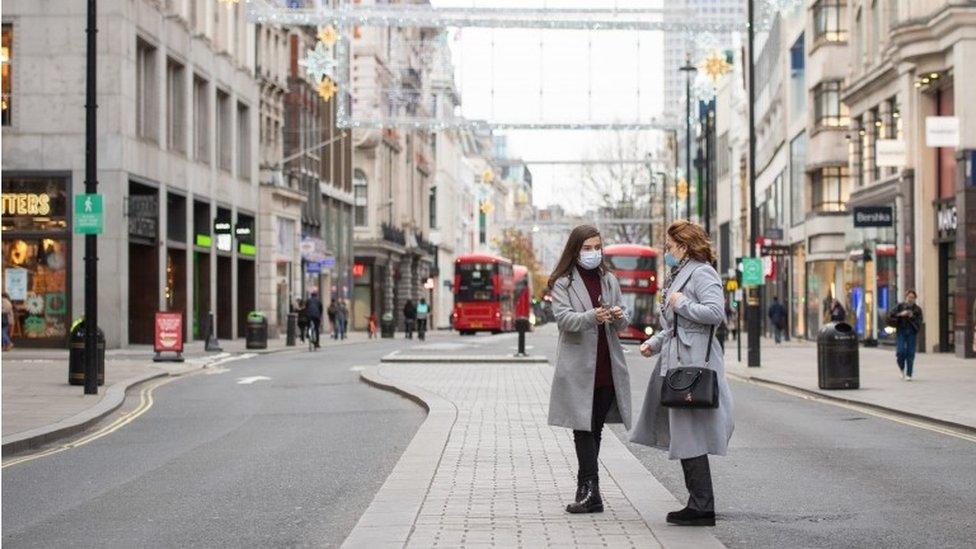
- Published26 November 2020
